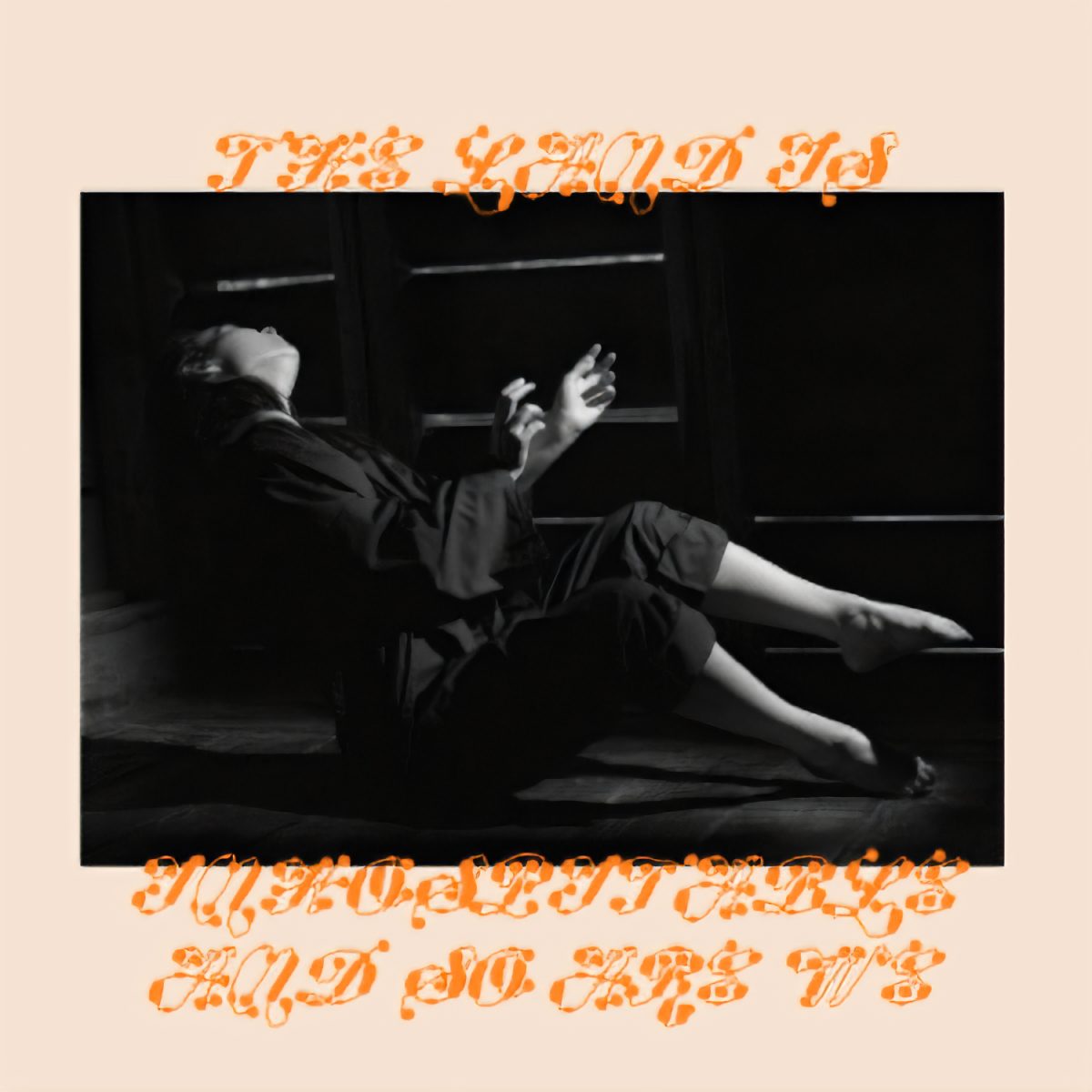“The Land Is Inhospitable and So Are We,” is the seventh studio album from American singer-songwriter Mitski and was released on Sept. 15. She explores love, legacy, hope and Americana with a distinct sonic identity over the course of 11 tracks.
In typical Mitski fashion, “The Land Is Inhospitable and So Are We” has a completely different sound from that of her previous albums — with fewer electronic elements — and is much slower and more soulful. The release is strikingly dissimilar to her sixth studio album, “Laurel Hell,” which features lots of danceable, synthpop-inspired tracks.
Though many fans believed that “Laurel Hell” would be Mitski’s final album, she surprised her listeners on July 24 with the announcement of “The Land Is Inhospitable and So Are We” on her Instagram and X, formerly known as Twitter accounts. In the same video, she announced the lead single, “Bug Like an Angel,” which was released two days later, on July 26, alongside a music video.
Standout tracks following the full release of the complete album include lead single “Bug Like an Angel,” the more instrumental “Heaven,” and the heartfelt “My Love Mine All Mine.”
Mitski self-describes “The Land” as her “most American album,” and it’s easy to understand why — nearly every track has a certain twang and ambience reminiscent of country and folk music.
As expected from Mitski, her lyricism shines throughout the record, with each song telling its own story. “When Memories Snow” evokes the nostalgia of a grade school snow day or winter vacation as she asks “And if I break, could I go on break?”
“The Deal,” the fifth track off the album, describes the protagonist of the song going on a walk and begging someone else to take her soul, as she says “I can’t bear to keep it/I’d give it just to give.” The ultimate meaning of the song is the same as the album — despite pain or hardship, hope, love and a soul are all you have and is what makes life worth living.
There are several songs within “The Land Is Inhospitable and So Are We” that include more heavy-handed religious imagery than Mitski typically employs. In “Bug Like an Angel,” the artist writes “I try to remember the wrath of the devil/Was also given him by God” and in “I’m Your Man,” she writes “You believe me like a god/I’ll betray you like a man.”
Although this is different, the symbolism does not feel out of place alongside the rest of Mitski’s characteristically vivid imagery and metaphors.
Mitski self-describes “The Land” as her “most American album,” and it’s easy to understand why — nearly every track has a certain twang and ambience reminiscent of country and folk music. Fittingly, the Academy Award-winning artist recorded the album in Nashville, Tennessee — also known as Music City — which is famous primarily for country music, but also for groundbreaking indie, pop, rock and more.
Mitski’s music often focuses on her identity as a Japanese-American woman, though her album reflects mainly on America as a place. This focus is especially clear in the second track, “Buffalo Replaced,” which describes a freight train traveling across the Midwest, replacing the native buffalo. In the final track, “I Love Me After You,” she embraces the landscape, calling herself “king of all the land.”
She knows what her songs are about. More than anything, “The Land” is about love.
In an interview with NPR’s Morning Edition, Mitski noted that she is “always trying to figure out what it means to be American.” She shared that with “The Land Is Inhospitable and So Are We,” she is trying to reconcile all of her various identities with being American today
“I feel like I’ve always been seeing my own identities through the eyes of other people who haven’t lived my identities,” Mitski said. “And I kind of think maybe that’s also very uniquely American.”
Like the rest of her discography, both the album itself and the individual tracks are short compared to the work of many other current artists — Mitski gets straight to the point, wasting no time. She knows what her songs are about. More than anything, “The Land” is about love.
Will Arberry’s — American playwright and screenwriter — description of the album on Mitski’s official Spotify page said that when she “thinks about what’s truly hers, what can’t be repossessed or demolished, she sees love.” That idea is the central theme of the album.
Sometimes, love, no matter what form it takes, is all you really have and all you really need. This theme is most clear in “My Love Mine All Mine” when Mitski sings “Nothing in the world belongs to me/But my love mine, all mine, all mine.” And no matter what, that love always matters, long after we’re gone, as explored in the ninth track off the album “Star”: “To live for somebody/That love is like a star/It’s gone, we just see it shining.”
The album’s conclusion is one of hope and love, which is somewhat surprising considering Mitski’s reputation as a “sad girl indie artist.” Mitski argues that love is difficult — even just existing is difficult — but it’s all we have, so no matter how hard it is, love is worth it in the end.

